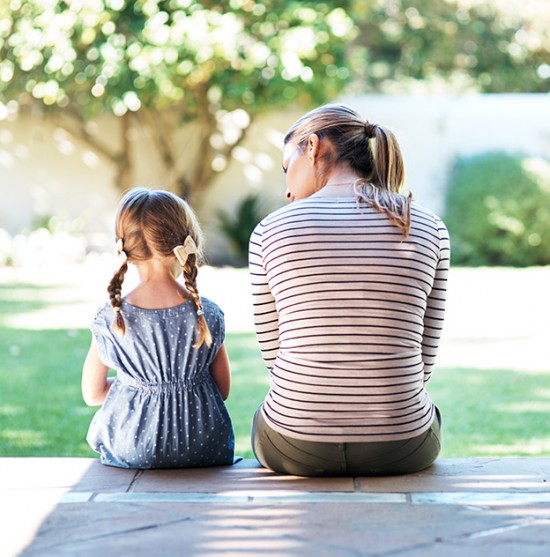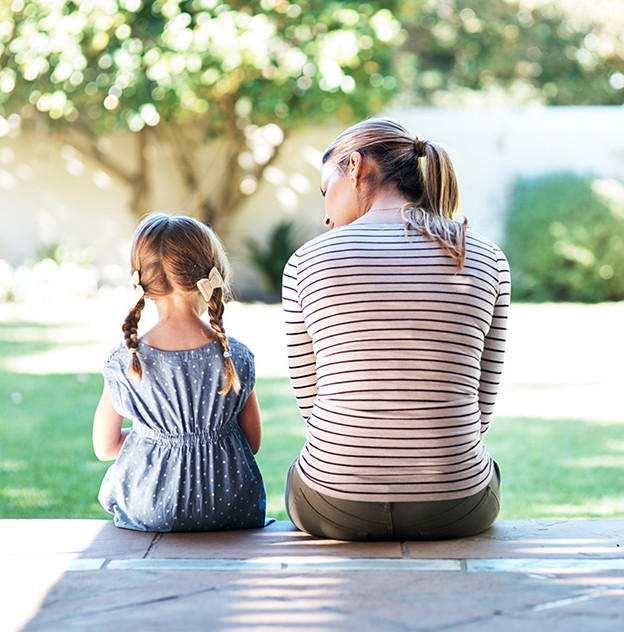The power of talking with children
Chatting with adults boosts kids’ brain development.



A landmark 1995 study found that children from higher-income families hear about 30 million more words during their first three years than children from lower-income families. This “30-million-word gap” correlates with significant differences in tests of vocabulary, language development, and reading comprehension.
MIT cognitive scientists have now found that back-and-forth conversation between a child and an adult is more critical to language development than the word gap. In a study of kids aged four to six, differences in the number of “conversational turns” accounted for a large portion of the differences in brain physiology and language skills, regardless of parental income or education.
“The important thing is not just to talk to your child, but to talk with your child. It’s not just about dumping language into your child’s brain, but to actually carry on a conversation with them,” says Rachel Romeo, a graduate student at MIT and Harvard and lead author of the paper, which appeared in the journal Psychological Science.
Using functional magnetic resonance imaging (fMRI), the researchers found that in kids who conversed more, Broca’s area, a part of the brain involved in speech production and language processing, was much more active while they listened to stories. This brain activation predicted kids’ scores on language assessments, fully explaining income-related differences in language skills.
This paper “provides the first evidence that family conversation at home is associated with brain development in children,” says brain and cognitive sciences professor John Gabrieli, the study’s senior author. “It’s almost magical how parental conversation appears to influence the biological growth of the brain.”